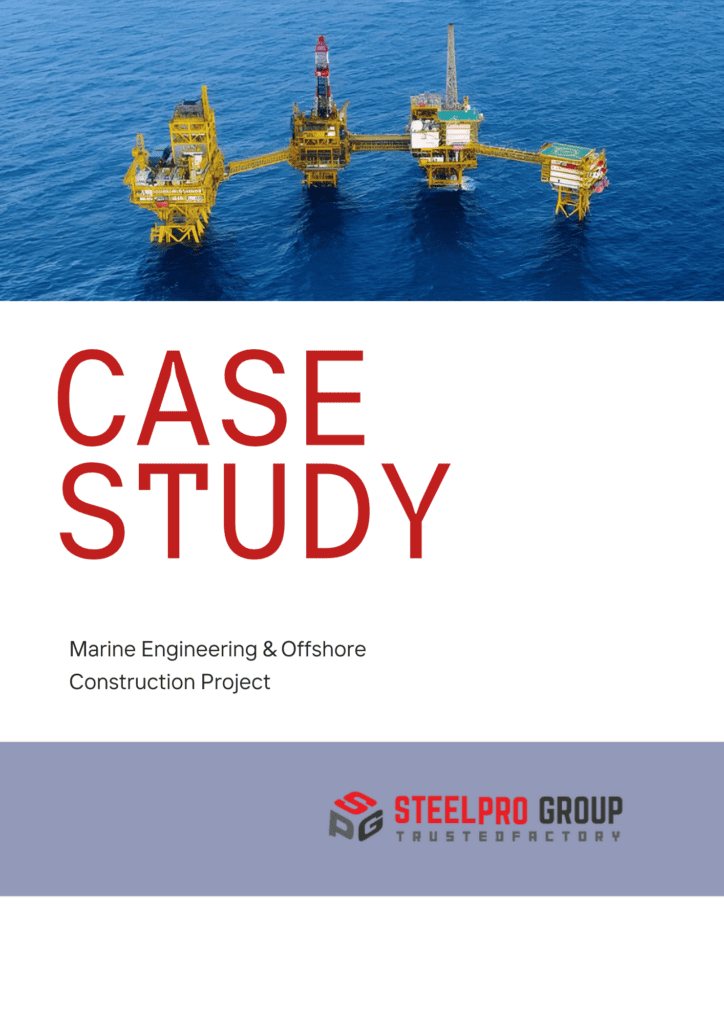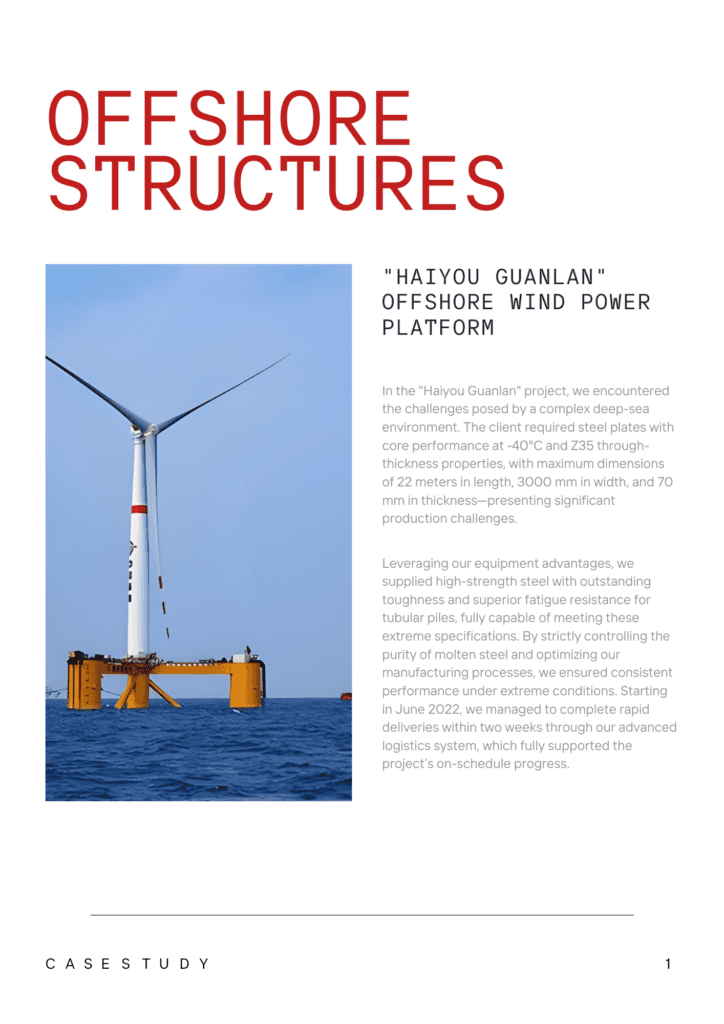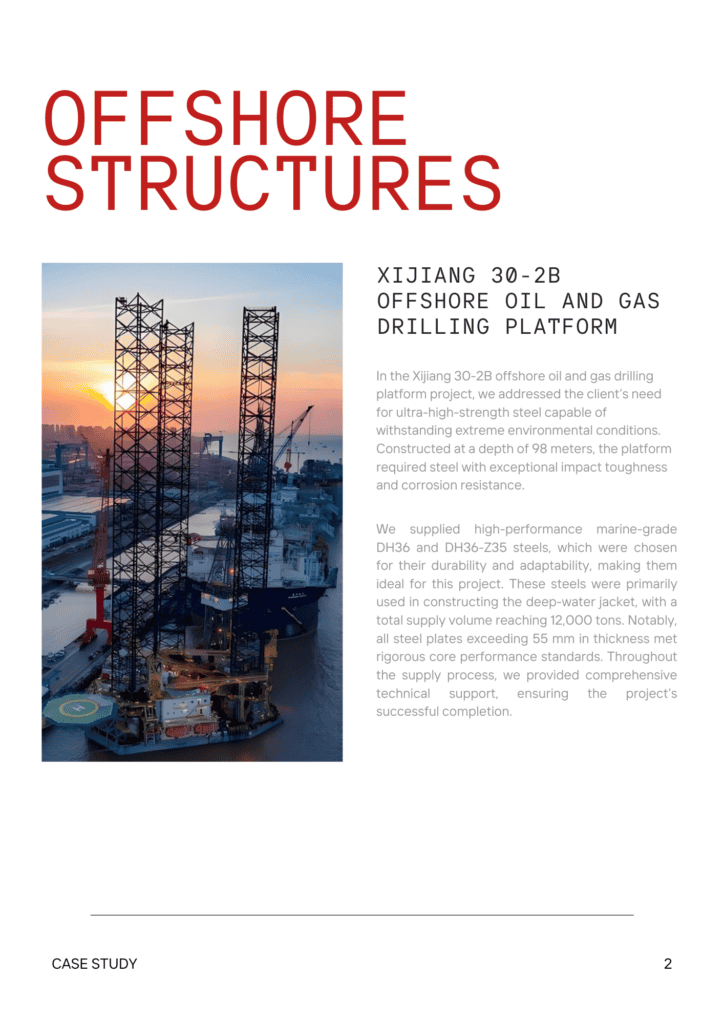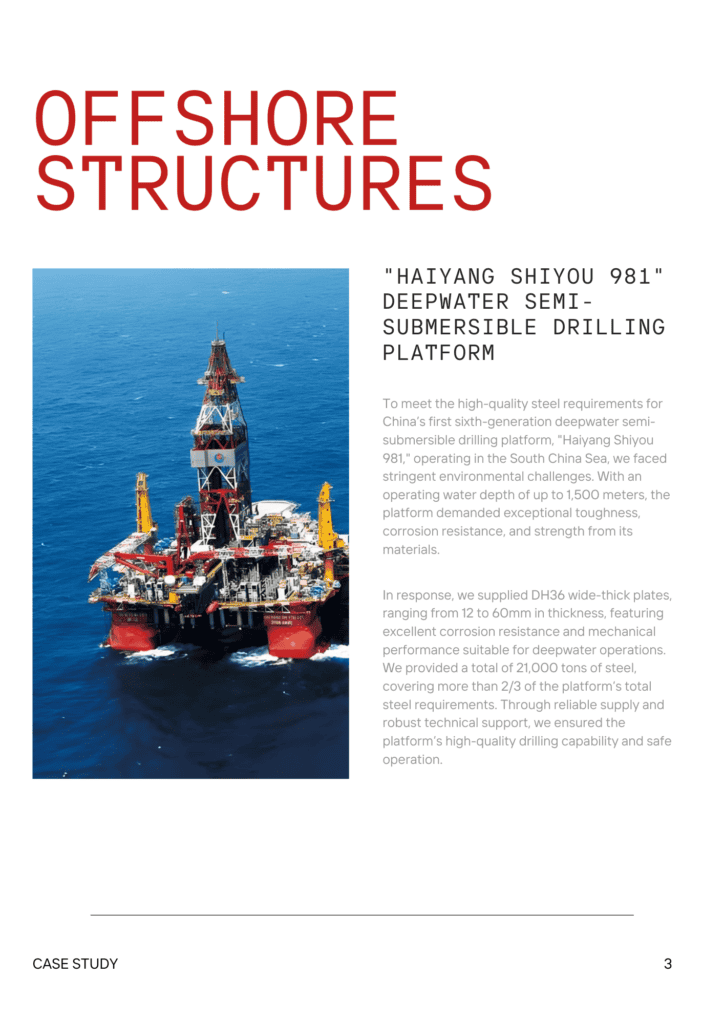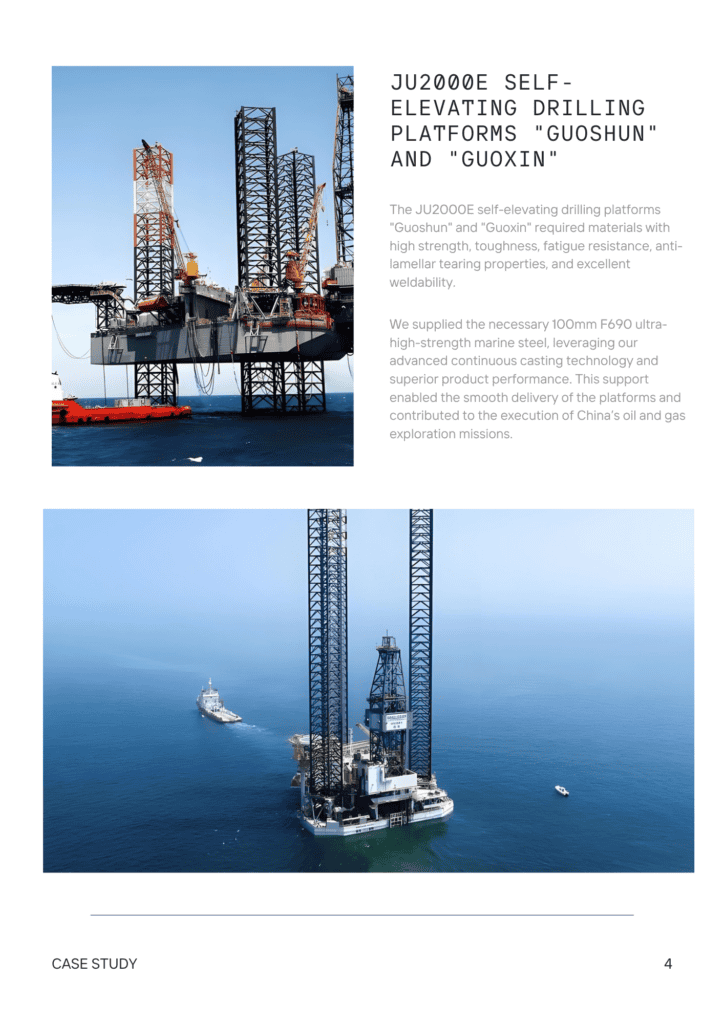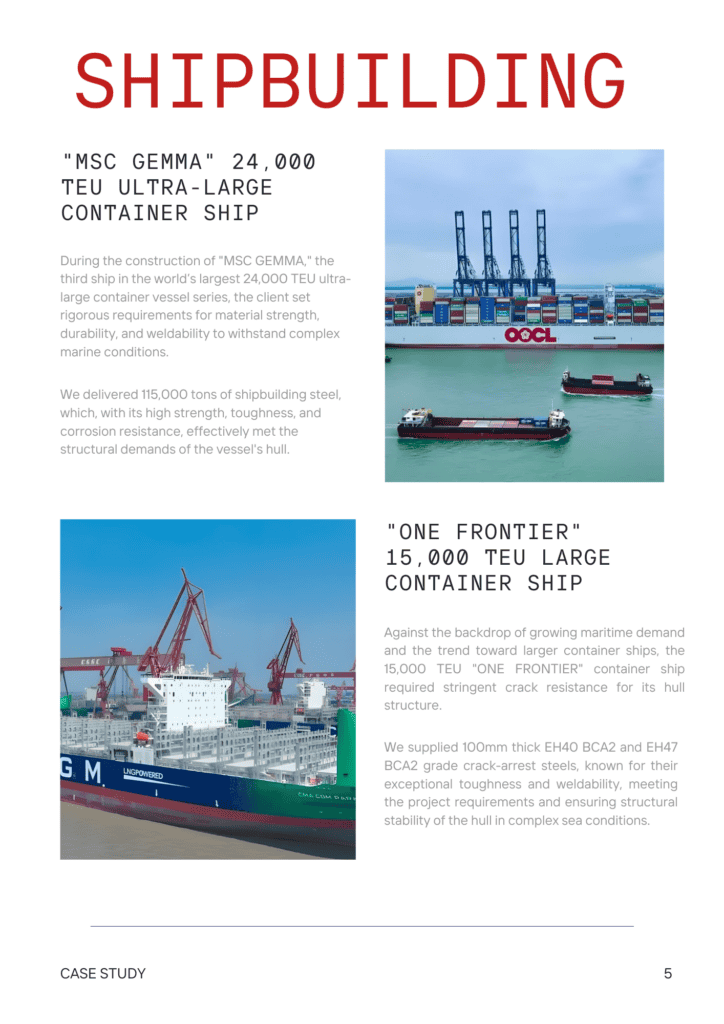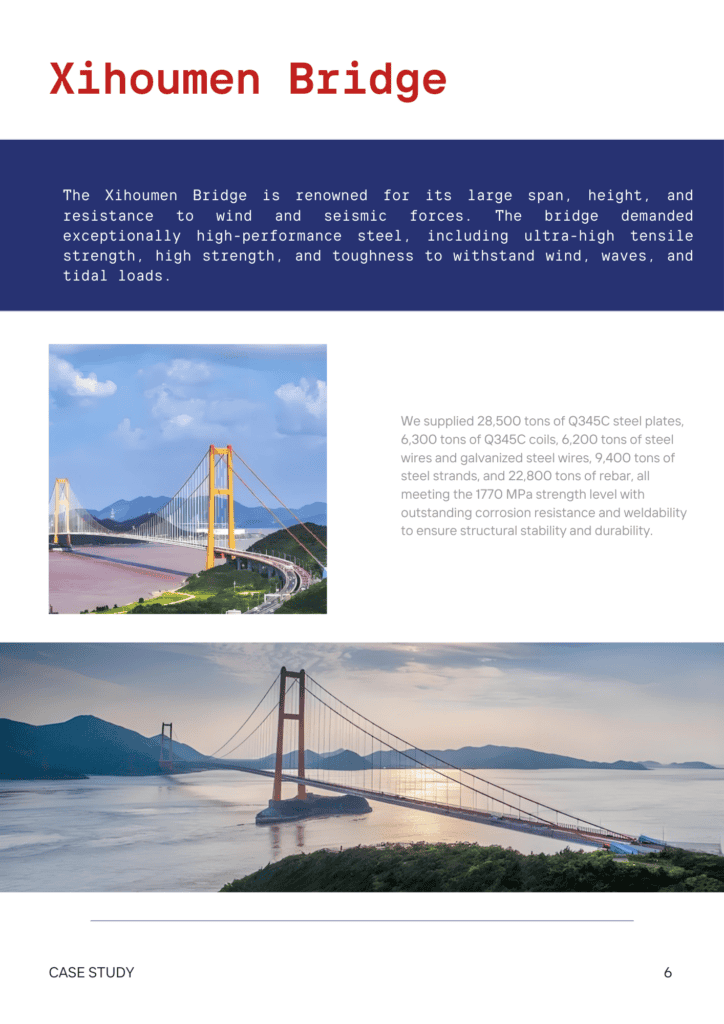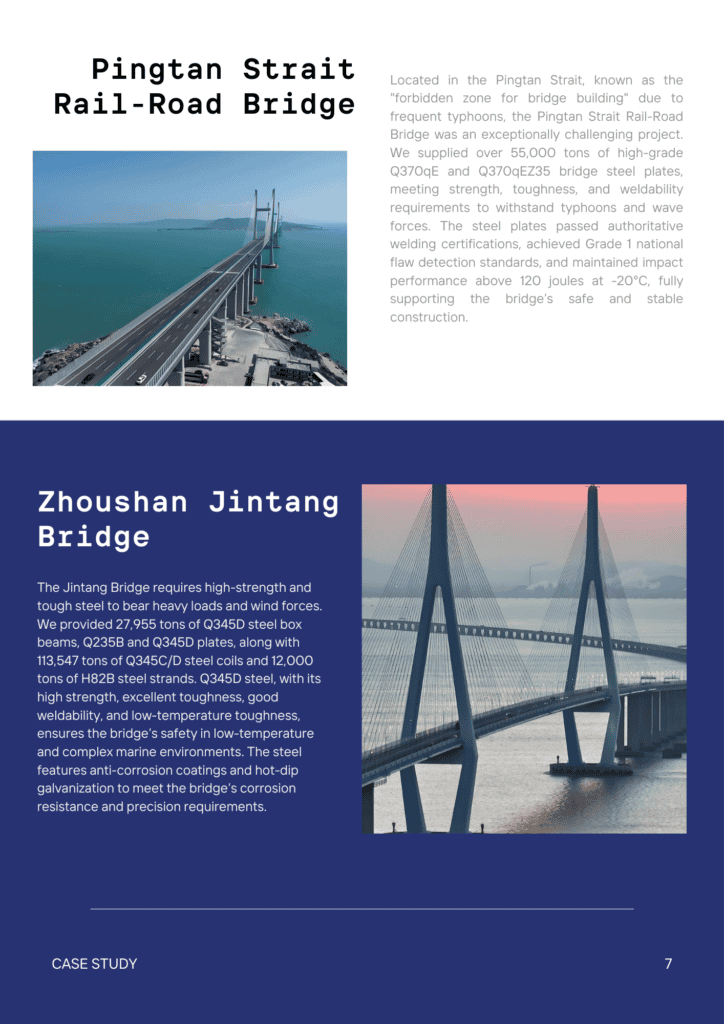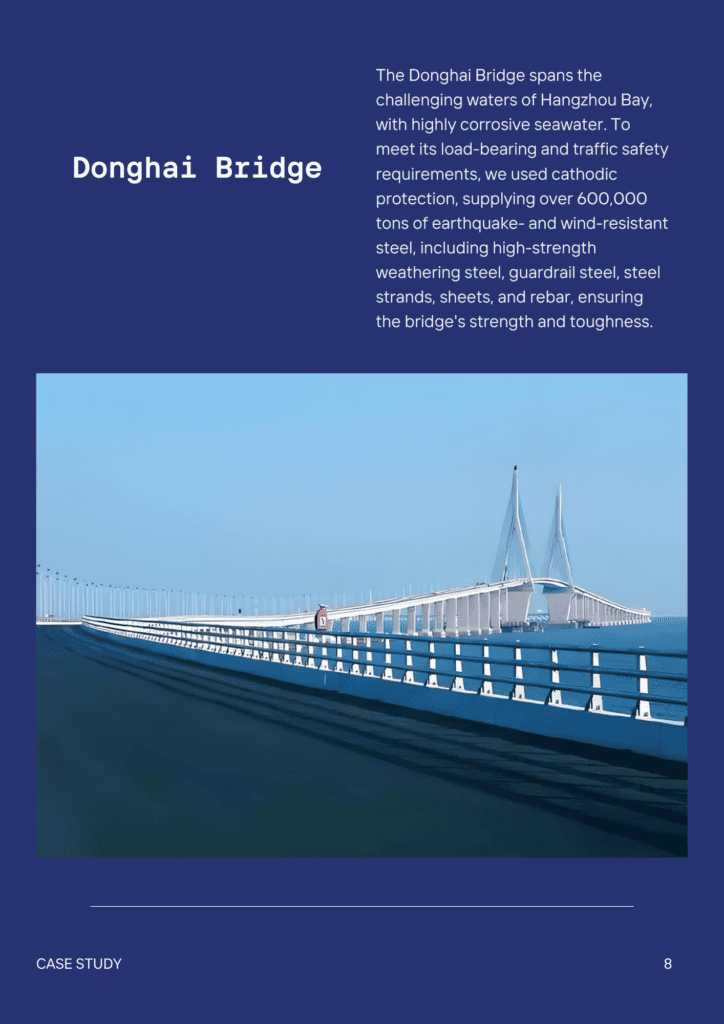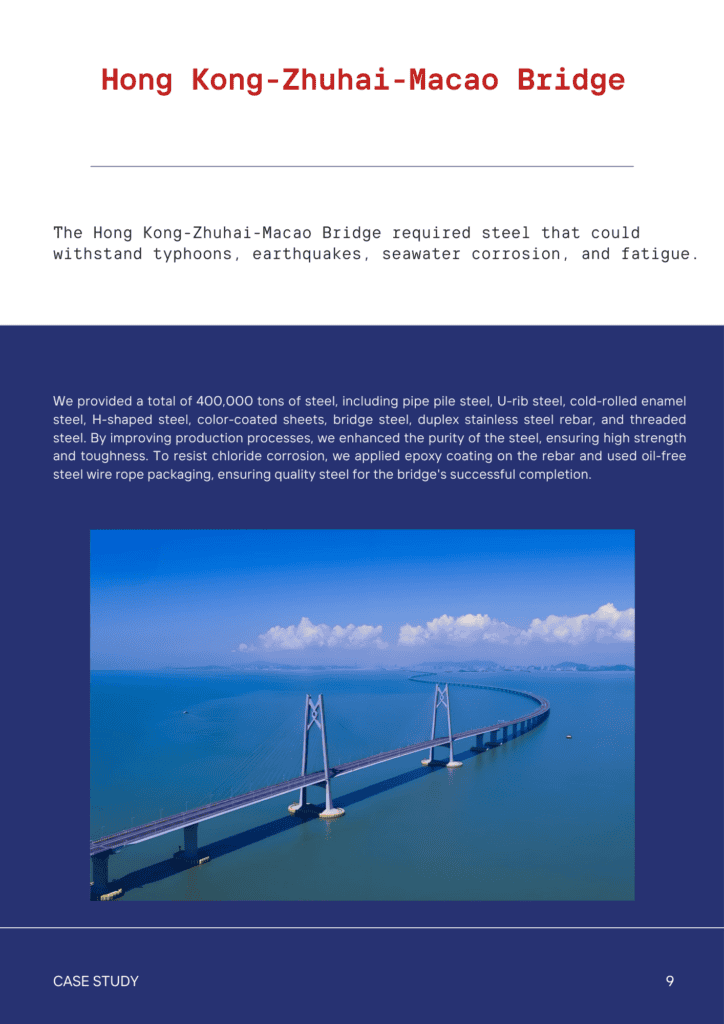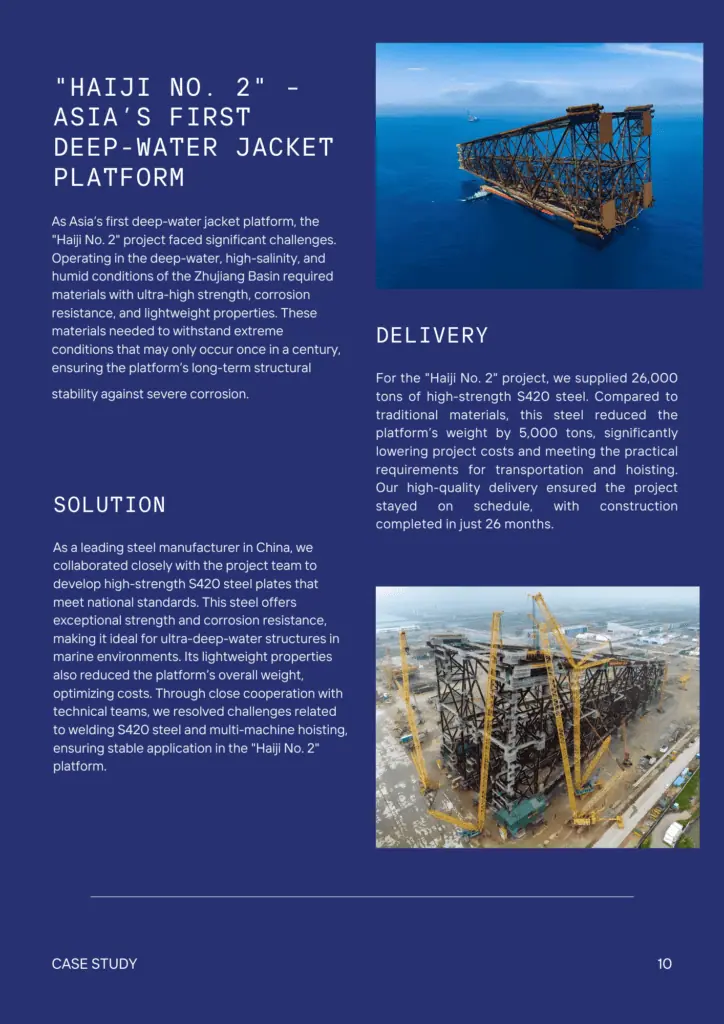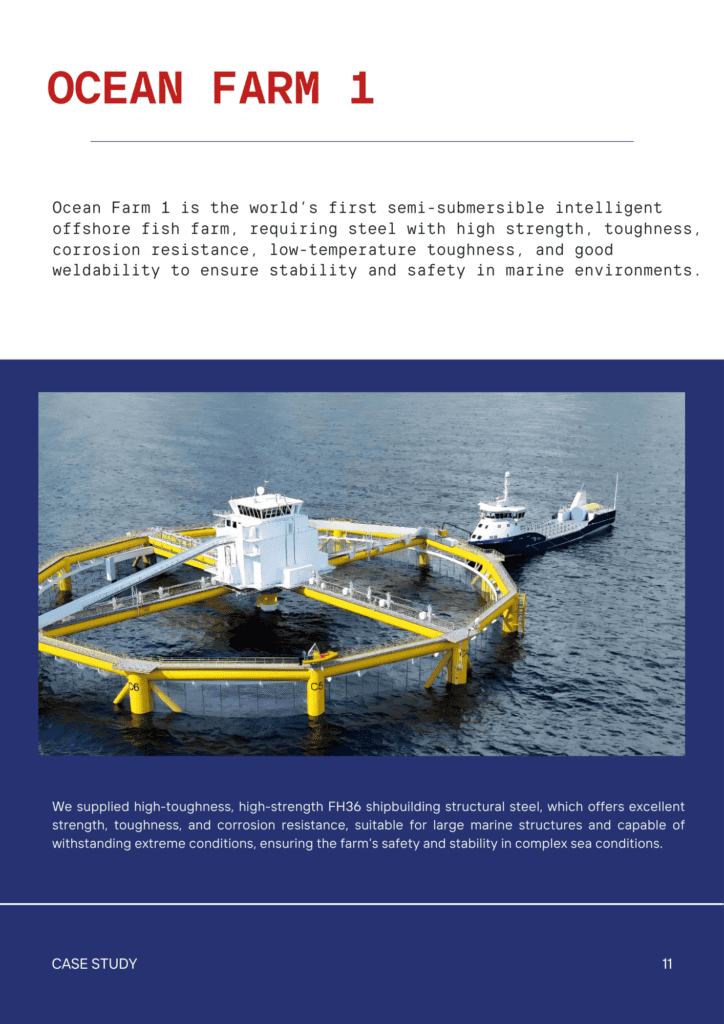Contents
What is 1095 Steel? Carbon Steel For Blades And Knives
- John
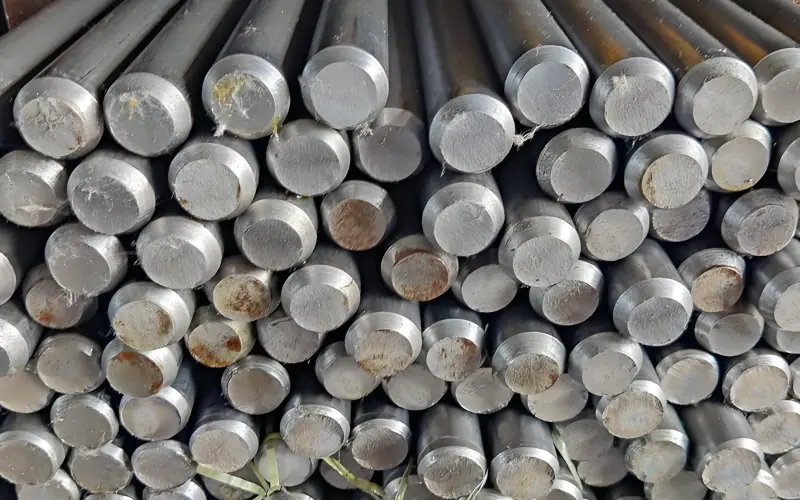
SteelPro Group is proud to be a leading supplier of 1095 steel, providing high-quality materials to companies worldwide. Our 1095 steel products are available in annealed, cold-rolled, and hot-rolled conditions, catering to diverse industry needs.
What Is 1095 Carbon Steel?
1095 steel is a high-carbon alloy containing 0.95% carbon, recognized for its toughness and ability to hold a sharp edge. It is frequently used in blades and cutting instruments. Due to its hardness, machining can be difficult, but it provides excellent strength in demanding wear conditions. Although it is harder than many other carbon steels, it is more susceptible to rust and needs regular care.
1095 Steel Equivalent
Here is the equivalent information for 1045 steel:
- JIS: SUP4
- AISI: 1095
- UNS: G10950
- DIN EN/DIN: Ck101/1.1274
What Is 1095 Steel Used For?
1095 steel is ideal for tools and parts that need to stay sharp and resist wear. Its hardness makes it better suited for cutting applications where impact isn’t a major factor.
1095 steel is a solid choice when you need something sharp and durable, without spending too much. Its high carbon content makes it easy to hone and helps it maintain its sharpness for a longer period. It’s great for knives and tools, but keep in mind it can rust if not properly cared for.
Here are the common applications of 1095 steel:
- Knives: Hunting, survival, and chef knives for sharp edges and durability.
- Cutting Tools: Saw blades, chisels, and shears for precision cutting.
- Tooling: Dies and punches for metalworking and stamping.
- Springs: Small springs and leaf springs requiring high tensile strength.
- Sharp-edged Tools: Scissors and razors for fine cutting.
- Automotive Parts: High-wear components like gear teeth and blades.
Is 1095 Steel Good For Knives?
Yes, 1095 steel is excellent for knives. Its high carbon content ensures great hardness, sharpness, and edge retention. However, it can be brittle, so it’s best for cutting tasks rather than heavy impact use. Proper heat treatment is essential to balance hardness and toughness.
Is 1095 Steel Good For Swords?
Yes, 1095 steel works well for swords, offering strong edge retention and sharpness. However, its brittleness requires careful use and proper heat treatment to enhance toughness and prevent breakage from impact.
1095 Carbon Steel Products Forms And Supply Range
At SteelPro Group, we provide a variety of 1095 steel products, including round and square bars, sheets, coils, and plates. Custom dimensions are also available to meet your needs.
| Product Form | Thickness | Width | Length |
| Round Bars | 3 mm to 150 mm (1/8″ to 6″) | – | – |
| Square Bars | 3 mm to 100 mm (1/8″ to 4″) | – | – |
| Flat Bars | 3 mm to 50 mm (1/8″ to 2″) | 25 mm to 300 mm (1″ to 12″) | – |
| Sheet | 0.5 mm to 25 mm (0.020″ to 1″) | 900 mm to 1200 mm (36″ to 48″) | 1200 mm to 3000 mm (48″ to 120″) |
| Plate | 3 mm to 50 mm (1/8″ to 2″) | 300 mm to 1800 mm (12″ to 72″) | 900 mm to 3000 mm (36″ to 120″) |
| Coils | 0.4 mm to 3 mm (0.015″ to 0.125″) | 25 mm to 1200 mm (1″ to 48″) | 30 m to 90 m (100′ to 300′) |
| Blanks | 1.5 mm to 25 mm (1/16″ to 1″) | 50 mm to 600 mm (2″ to 24″) | 50 mm to 900 mm (2″ to 36″) |
1095 Carbon Steel Chemical Composition
| Element | Composition |
| Carbon (C) | 0.90 – 1.03% |
| Iron (Fe) | 98.38 – 98.8% |
| Manganese (Mn) | 0.30 – 0.50% |
| Phosphorus (P) | ≤ 0.040% |
| Sulfur (S) | ≤ 0.050% |
1095 Carbon Steel Physical Properties
| Property | Metric Value | Imperial Value |
| Density | 7.85 g/cm³ | 0.284 lb/in³ |
| Melting Point | 1425 – 1530 °C | 2600 – 2790 °F |
| Specific Heat Capacity | 0.461 J/g-°C(≥100 °C) | 0.110 BTU/lb-°F(≥212 °F) |
| Thermal Conductivity | 49.8 W/m-K | 346 BTU-in/hr-ft²-°F |
| Coefficient of Thermal Expansion | 11.5 µm/m·°C | 6.4 × 10⁻⁶ in/in·°F |
1095 Carbon Steel Mechanical Properties
| Property | Metric Value | Imperial Value |
| Yield Strength | 570 MPa | 82,700 psi |
| Ultimate Tensile Strength | 745 MPa | 108,000 psi |
| Hardness (Rockwell C) | 55 – 65 HRC | 55 – 65 HRC |
| Elongation | 10% | 10% |
| Modulus of Elasticity | 205 GPa | 29700 ksi |
| Bulk Modulus | 160 GPa | 23200 ksi |
| Poisson’s Ratio | 0.29 | 0.29 |
| Impact Toughness (Charpy) | 10 J | 7.4 ft-lb |
How to Heat Treat 1095 Steel?
Annealing
- Temperature: 780-800°C (1436-1472°F)
- Time: 1 hour per inch of thickness
In this condition, the steel is easy to cold form, but hot forming is recommended for critical bends to avoid cracking.
Hardening
- Temperature: 800-850°C (1472-1562°F)
- Time: 10-15 minutes
- Quenching: Oil or water
Oil quenching is preferred to minimize the risk of cracking.
Tempering
- Temperature: 150-200°C (302-392°F)
- Time: 1-2 hours
This step restores some ductility and toughness while maintaining high hardness. Tempering in this range is typical for 1095 steel used in knives and tools.
1095 Carbon Steel VS D2 Steel
While 1095 is ideal for sharp edges, D2 steel is better suited for heavy-duty, long-lasting tools.
1095 carbon steel offers excellent sharpness and edge retention but is more brittle and prone to rust. It’s best for tools needing fine edges. D2, with higher chromium content, is tougher, more wear-resistant, and offers better corrosion resistance.
Optimal 1095 Steel Performance for Your Project
At SteelPro Group, we offer a wide range of machining and treatment options to meet the precise needs of our customers. From CNC machining for complex shapes to surface treatments like nitriding and carburizing for enhanced wear resistance, we ensure that every piece of 1095 steel is tailored to your specifications.



